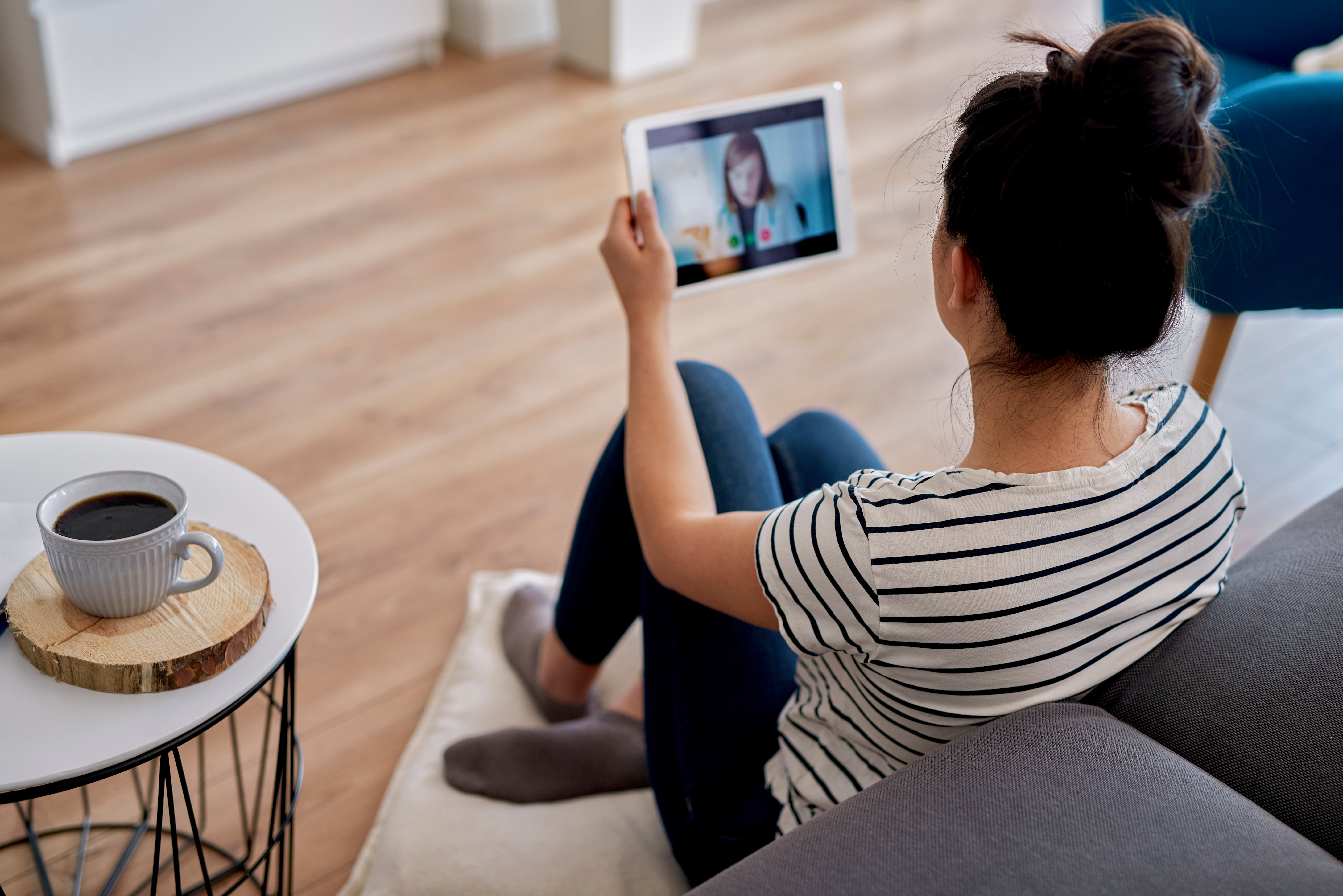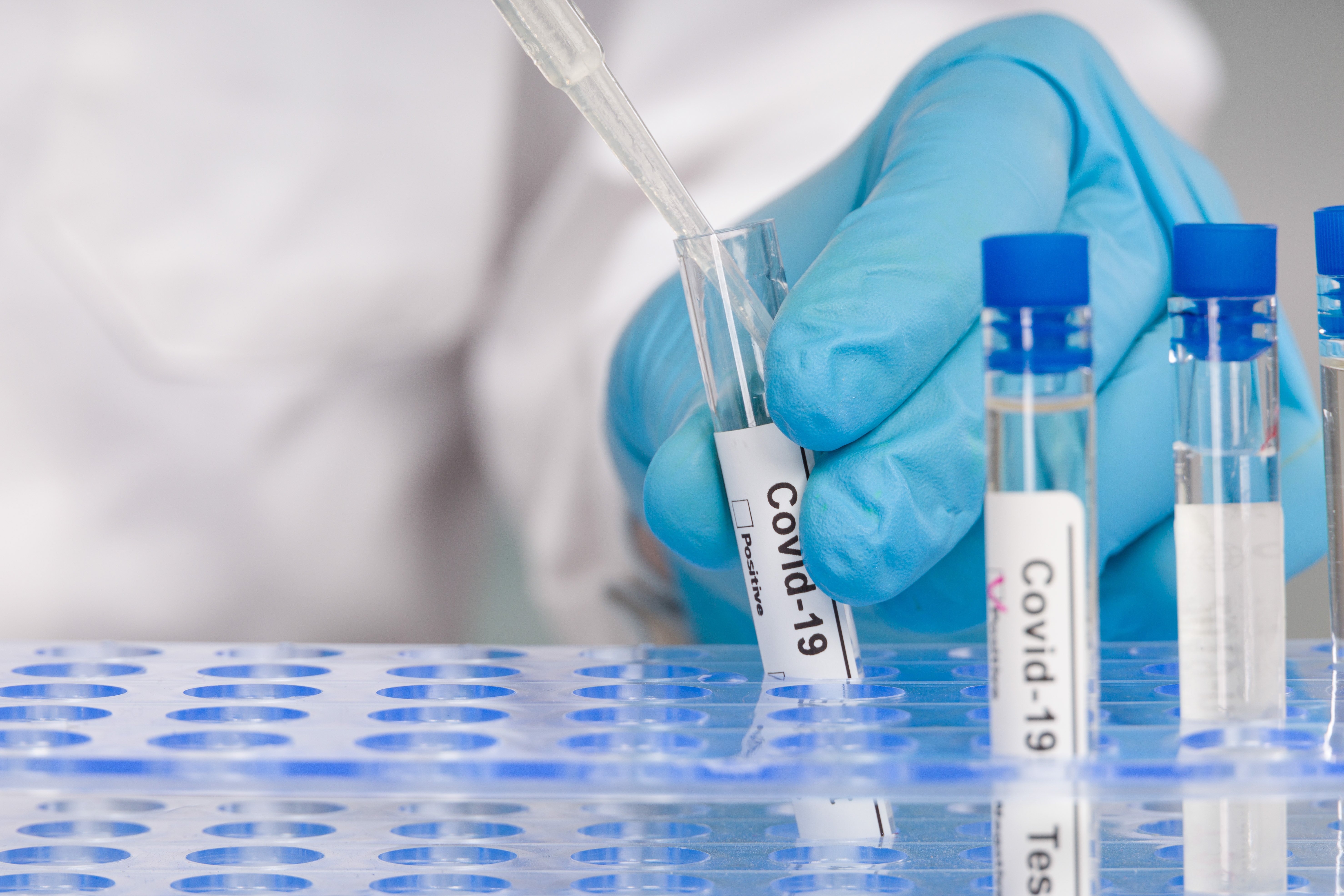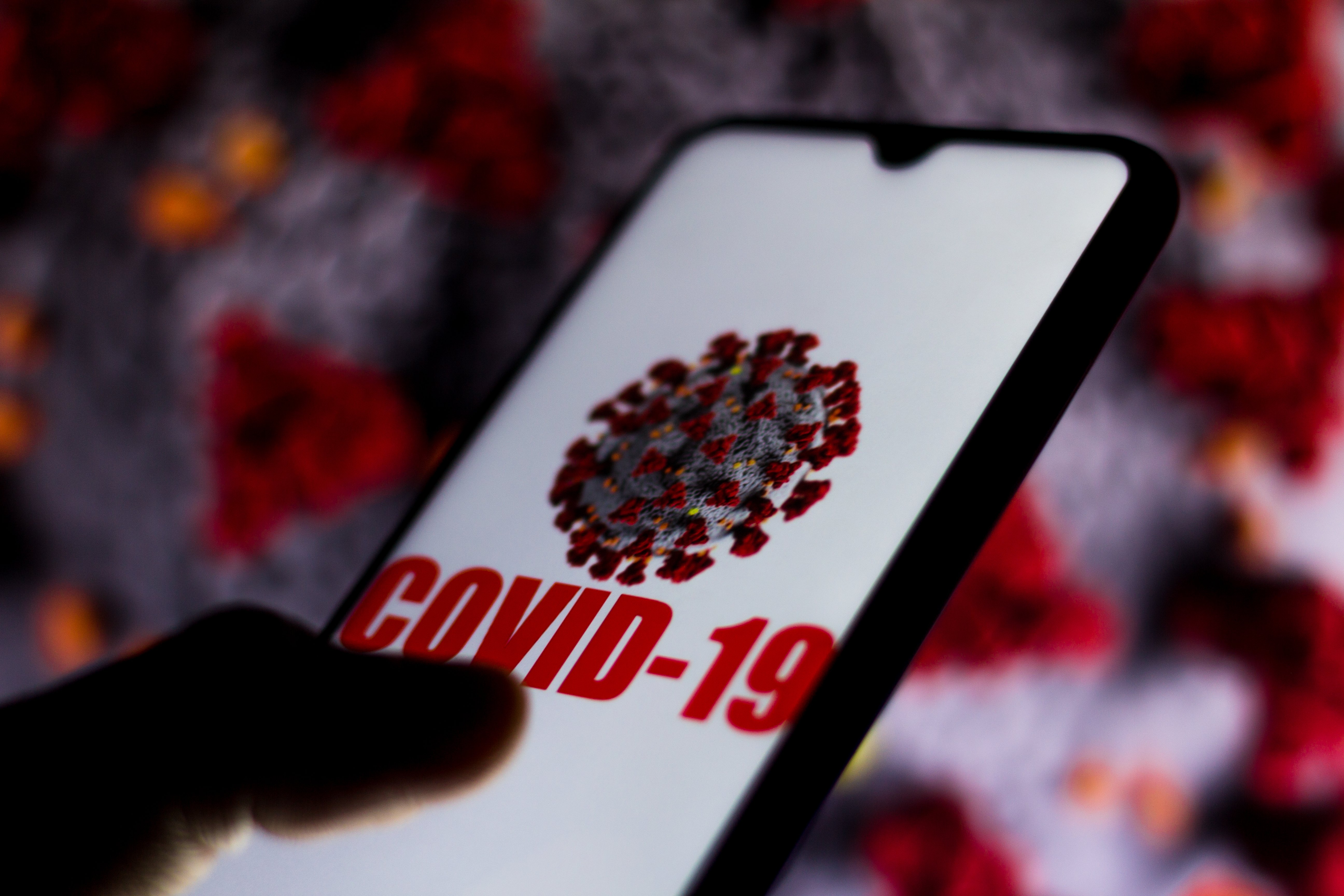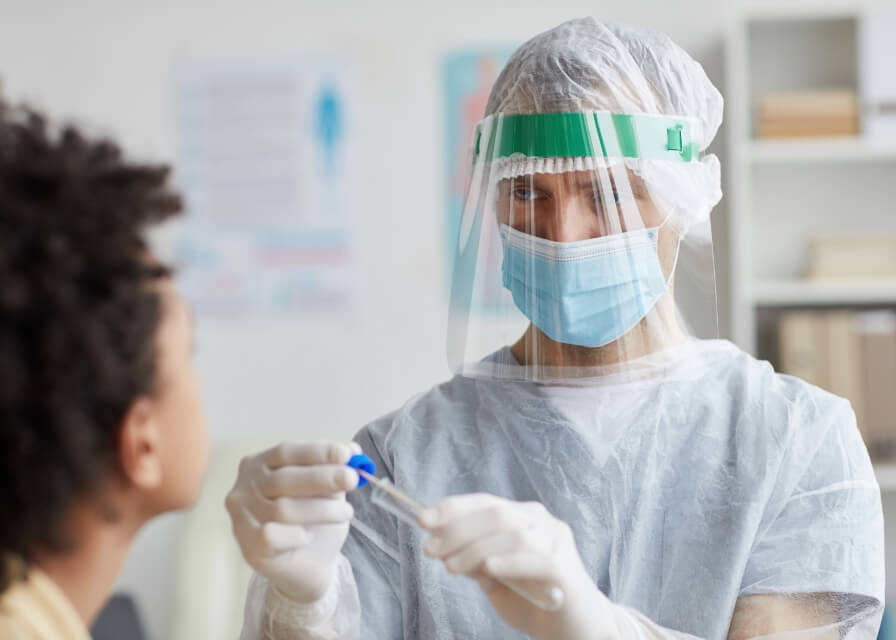FSH COVID-19 Services
Screening
Our doctors generally follow published CDC guidelines. These guidelines change as doctors and scientists learn more about the virus. Here are some common scenarios:
- If a patient has COVID-like symptoms, the doctor will assess the severity of those symptoms and advise on next steps.
-
If a patient came into close contact with someone with COVID-19, the doctor may recommend 10 days of wearing a mask and taking additional precautions. The patient should be tested on day 6.
- If the patient has severe shortness of breath, the doctor will advise the patient to dial 911 and let the dispatcher know that they may have COVID-19.

Doctors recommend isolation if a person tests positive for COVID-19, regardless of vaccination status. For isolation, doctors recommend patients to:
- Isolate for at least 5 days AND until fever-free for at least 24 hours without fever reducing medications. The day that symptoms start is day 0.
- If patient did NOT have symptoms when they tested positive but develops symptoms after, re-start 5-day isolation.
- Wear a mask around others for 5 days following isolation. (If unable to mask, continue to isolate). Patients should also avoid:
- People who are immunocompromised or at high risk for severe disease
- Nursing homes and other high-risk settings
- Travel (If you must travel, wear a mask. If you cannot mask, do not travel.)
- Eating around others at home and in public
- Places where masks are not worn, such as restaurants and some gyms
Doctors will also recommend isolation if a patient has not been tested but has 2 or more symptoms of COVID-19, regardless of whether they had a known exposure. Common symptoms include:
- Fever/chills
- Cough
- Shortness of breath/difficulty breathing
- Fatigue
- Muscle/body aches
- Headache
- New loss of taste or smell
- Sore throat
- Congestion or runny nose
- Nausea or vomiting
- Diarrhea
- (Symptoms may include others)
Generally, FSH doctors follow CDC guidelines. These are not specific to the following populations, which have their own CDC recommendations:
Doctors recommend quarantine if a person has been exposed* to a known case of COVID-19 and are not vaccinated OR not up to date on their recommended vaccinations.
Doctors do NOT recommend quarantine for individuals who are boosted OR who have had a case of COVID-19 in the last 90 days OR who are 5-17 years of age and have been fully vaccinated, even if a person has been exposed to a known case of COVID-19. Instead, doctors instruct patients to wear a mask around others for 10 days and test on day 5, if possible. (Patients will be instructed to get a test and stay home if symptoms develop.)
* Doctors can help assess for known close contact. The CDC defines close contact as: contact with someone who was less than 6 feet away from an infected person (confirmed via testing or a doctor’s diagnosis) for a cumulative total of 15 minutes or more over a 24-hour period. (Example: 3 individual 5-minute exposures for a total of 15 minutes.)
For quarantine, FSH doctors recommend patients to:
- Stay home and away from others for at least 5 days. Wear a well-fitting mask at home while around others, if possible.
- Watch for fever (>100.4° F), cough, shortness of breath or other COVID-19 symptoms for 10 days after close contact.
- Get tested:
- If no symptoms develop, test after at least 5 days. If you test negative, you can discontinue
- If symptoms develop, isolate and get tested immediately. If test is positive, follow isolation instructions. - Wear a mask around others for 5 days following quarantine. (If unable to mask, continue to quarantine). Patients should also avoid:
- People who are immunocompromised or at high risk for severe disease
- Nursing homes and other high-risk settings
- Eating around others at home and in public
- Places where masks are not worn, such as restaurants and some gyms
Generally, FSH doctors follow CDC guidelines, which were updated on Aug. 11, 2022. These recommendations are not specific to the following populations, which have their own CDC guidelines:
If you are experiencing mild symptoms such as cough and/or fever or believe you may have been exposed to COVID-19, DO NOT GO to the emergency room. Call your doctor or use telemedicine instead to reduce your risk of catching or spreading the virus.
If you are experiencing severe symptoms such as shortness of breath or difficulty breathing, call 911 or call ahead to your local emergency facility. Notify the operator that you are seeking care for someone who has or may have COVID-19.
- Ensure you are a First Stop Health member. Our telemedicine service is provided through employers.
- Take your temperature.
- Download our mobile app or log in. You can call, too, but requesting a doctor visit via app or web is the quickest way to talk to a doctor.




